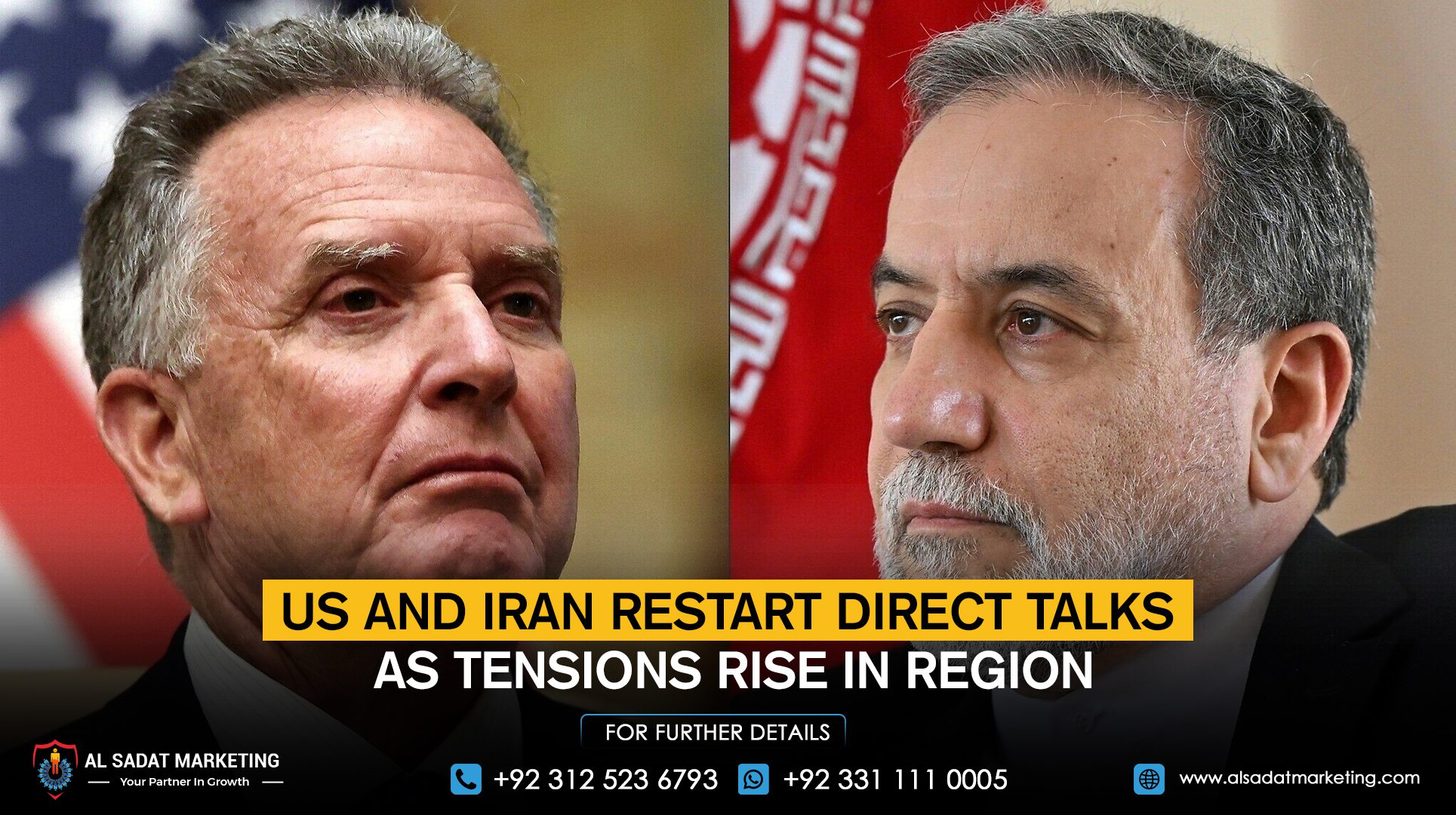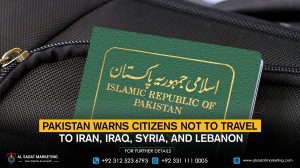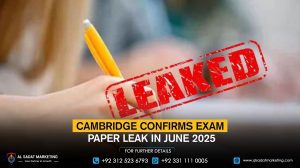In an effort to defuse the crisis brought on by Israel’s continuous strikes on Iranian territory, Iranian Foreign Minister Abbas Araqchi and US Special Envoy Steve Witkoff have had a number of direct phone conversations over the past week amid escalating Middle East tensions, diplomatic sources told Reuters.
Since indirect nuclear talks resumed in April, the meetings represent the most significant direct interaction between Washington and Tehran. Three diplomats with knowledge of the situation say Washington started the most recent talks, which show a renewed effort to diffuse the tense situation diplomatically.
Due to the delicate nature of the situation, the diplomats spoke on condition of anonymity. They stated that Tehran has made it plain that it will not resume official talks until Israel stops its military activities, which started on June 13.
Also Read: Cultural Exchange: How Lakeshore City is Becoming a Melting Pot
According to reports, Araqchi told Witkoff that if the United States put pressure on Israel to halt its military assault, Iran “could show flexibility on the nuclear issue.”
A regional official near Tehran echoed the assertion, confirming that the Iranian position depends on an immediate end to Israeli strikes.
A U.S. proposal from late May that called for the formation of a regional consortium to enrich uranium outside of Iran was also discussed; Tehran has so far rejected the concept. Regarding the current conversations, neither Iranian nor U.S. authorities have released an official statement.
A new nuclear conversation?
Washington seems to be testing Tehran’s willingness to return to the bargaining table at the moment of the talks. Ayatollah Ali Khamenei, the supreme leader of Iran, has, however, always insisted that Tehran’s ability to enrich uranium on its own territory is “non-negotiable”—a red line that contradicts Washington’s stance.
Despite leaving office, U.S. President Donald Trump has not ruled out American military involvement and is still very much active in foreign policy discussions.
However, he has alluded to a potential diplomatic opening by stating that Iranian officials have indicated a wish to travel to Washington for discussions.
At the G7 conference in Canada earlier this week, French President Emmanuel Macron implied that the United States had offered Iran a ceasefire, a notion that Trump has openly refuted. This further muddled the issue.
Mediation in Europe is in progress.
The mediation role of European powers is still in place. The E3, which stands for Britain, France, and Germany, called Araqchi at the ministerial level on Sunday. Additional talks with Iran are set for this Friday in Geneva, according to confirmation from EU sources.
Araqchi’s attendance at the scheduled Geneva summit, which is anticipated to examine diplomatic avenues for putting a stop to the ongoing hostilities and possibly reviving the 2015 nuclear accord, was also confirmed by Iranian Foreign Ministry spokesperson Esmaeil Baghaei.
According to European diplomats, during talks earlier this week, Witkoff and Araqchi each individually indicated interest in pursuing a diplomatic approach. According to a top EU ambassador, Trump seemed keen to put an immediate end to the conflict and was pressuring Iran to re-engage, but on conditions that would benefit Washington.
Despite these advances, analysts warn that unless there is a noticeable change in the situation on the ground, especially in relation to Israeli military actions, Tehran is unlikely to engage in official discussions with the United States.
A senior European diplomat told Reuters that the Iranians now see a quiet corridor through Europe as the most practical path. “Politically, public diplomacy with the United States would be too expensive, especially in light of ongoing airstrikes.”










